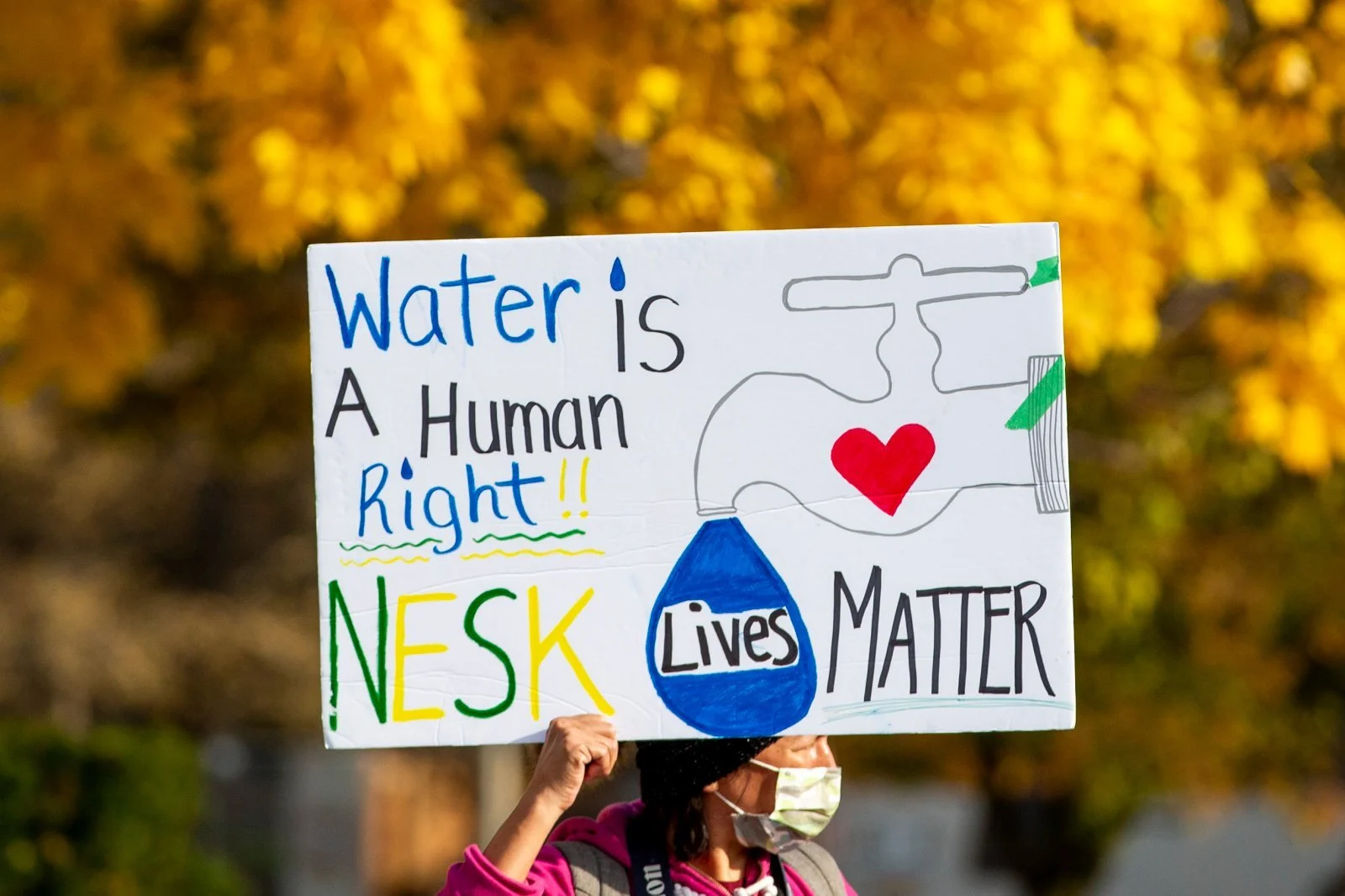Three main barriers impede access to safe services for many people in high-income countries, according to the new paper. First, systemic racism underlies inequities and limits access to resources, said the article. Historically marginalized people and low-income communities are more likely to lack access to safe water and sanitation. Those groups include minority racial and ethnic populations as well as Indigenous communities, migrants and people of colour, said the co-authors. In the United States, for instance, the authors found Native American households are 19 times more likely, and Black or Latinx households are nearly twice as likely, to be without functional water and wastewater access than households identifying as white. Second, changes to infrastructure financing, including a move to full-cost pricing in HICs, have reduced subsidies to people lacking services. Third, gaps persist because availability and quality of services are tied to housing and property ownership. Linking property to water and sanitation services is a policy choice that disadvantages groups including migrants, people living in poverty and people experiencing homelessness or in unstable housing, said the paper.
How colonial systems have left some First Nations without drinking water
Rebecca Zagozewski, executive director of the Saskatchewan First Nations Water Association, said she has seen contractors save on costs when building water treatment plants on reserves by using obsolete parts and failing to include maintenance manuals, ventilation or chemical rooms, and bathrooms. “Engineering companies will put in their bids obviously as low as they can go,” said Zagozewski.
Clean water for First Nations critical during the COVID-19 pandemic: Activists
Activists in northeastern Ontario fighting for safe, clean water in First Nations communities across Canada are getting tired of broken promises. After five years and millions in spending, the Liberal government announced in early December that it would not fulfill its commitment to end all long-term water advisories on reserves by March 2021. Although some progress has been made – 97 advisories have been lifted since November 2015 – there’s still a long way to go. There are 59 active long-term water advisories in 41 communities across the country, and activists maintain that clean water should be a priority for the federal government, especially during a global pandemic. “Water is a basic human right, and nobody should have to beg for it. This is wrong, and it’s come to the point where I think it comes down to racism,” said Autumn Peltier, a teenage water-rights activist from Wiikwemkoong Unceded Territory on Manitoulin Island.
Former Neskantaga contractor accused of cutting corners in other First Nations
“They cut corners every day, every day,” said Justin Gee, vice-president of First Nations Engineering Services Ltd. Gee said he encountered these recurring problems while overseeing the work of a construction firm, Kingdom Construction Limited (KCL), building a water treatment plant 10 years ago in Wasauksing First Nation, along the eastern shore of Georgian Bay, about 250 kilometres north of Toronto. “You have to be on them every step of the way,” said Gee, who was the contract administrator on the project. “You can’t leave them on their own.”
Neskantaga First Nation water crisis shows 'apartheid system' of clean water access, NDP MPP says
A week after the evacuation of a remote First Nation in northwestern Ontario, First Nations leaders say there is still no plan to restore running water to the community. It's possible evacuees may not be able to return to Neskantaga this winter, Mamakwa said. "Especially during a pandemic, to see the continued complacency of government, in 2020, in Ontario, in Canada, you can see how racism affects this community," Mamakwa said. That racism costs lives, he added, noting that a 23-year-old woman died by suicide in Neskantaga last year, without ever having tasted clean water from the tap in her home.
Our national shame: The racism inherent in our First Nations water crisis
There is also concern the changes that were made that allowed some of the advisories to be lifted were just temporary fixes. There are long-term, structural problems with the water treatment systems in many Indigenous communities that have not been addressed. Many of these places lack the proper equipment needed to remedy the operational issues with which they are confronted.







